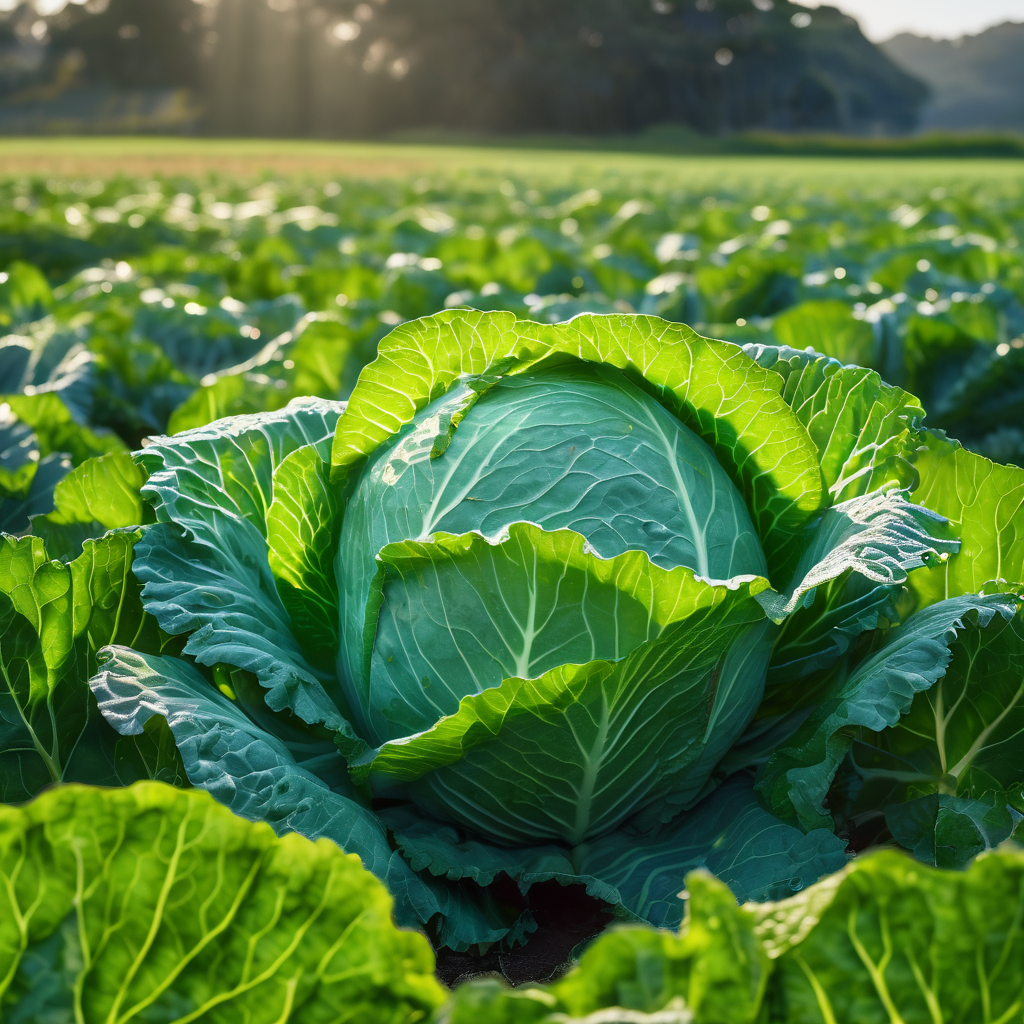More than 70 farmers recently took part in a field day organized by the Taiwan Technical Mission (TTM) at its demonstration farm located on Bau Rd, Nausori. This event was part of the Resilient Cultivation Extension Project, which aims to instruct farmers on innovative resilient vegetable varieties and cultivation techniques to maintain consistent production throughout the year, despite fluctuating climate conditions.
The field day emphasized resilient cultivation methods for English cabbage while also delving into techniques suited for other vegetables such as tomatoes and melons. Edward Chen, an expert from TTM, underscored the significance of these new approaches, particularly navigating off-season challenges that could lead to increased income for farmers. “We all know that now is the season for English cabbage and the market is flooded with it. But when it comes to November and December, we can still harvest using new growing methods that ensure profitability,” Chen noted.
TTM has introduced three new English cabbage varieties, specifically tailored to Fiji’s local climate: varieties 228, 493, and 2. These new varieties have received approval from Fiji’s Biosecurity and are currently undergoing trials at the TTM demonstration farm, with expectations of releasing the seeds to local companies for wider distribution soon.
This initiative is part of a broader strategy aimed at mitigating the adverse effects of climate change on agriculture, which has become increasingly pressing in Fiji. The introduction of these new crop varieties aligns with the government’s ongoing efforts to advocate for sustainable farming practices, reflected in past projects that promoted crops like guava and dragon fruit. Such initiatives collectively enhance farmers’ resilience against the severe weather impacts that threaten agricultural productivity.
TTM’s project is planned to span five years, focusing on English cabbage this year, with intentions to introduce new varieties and cultivation methods for tomatoes in the following year.
Through these collaborative efforts between TTM and local agricultural authorities, farmers are being empowered with the knowledge and resources essential for adapting to climate-related challenges. This commitment signifies a proactive approach towards nurturing a resilient agricultural sector in Fiji, ultimately ensuring food security and stable income opportunities for local farmers in the face of changing environmental conditions.
